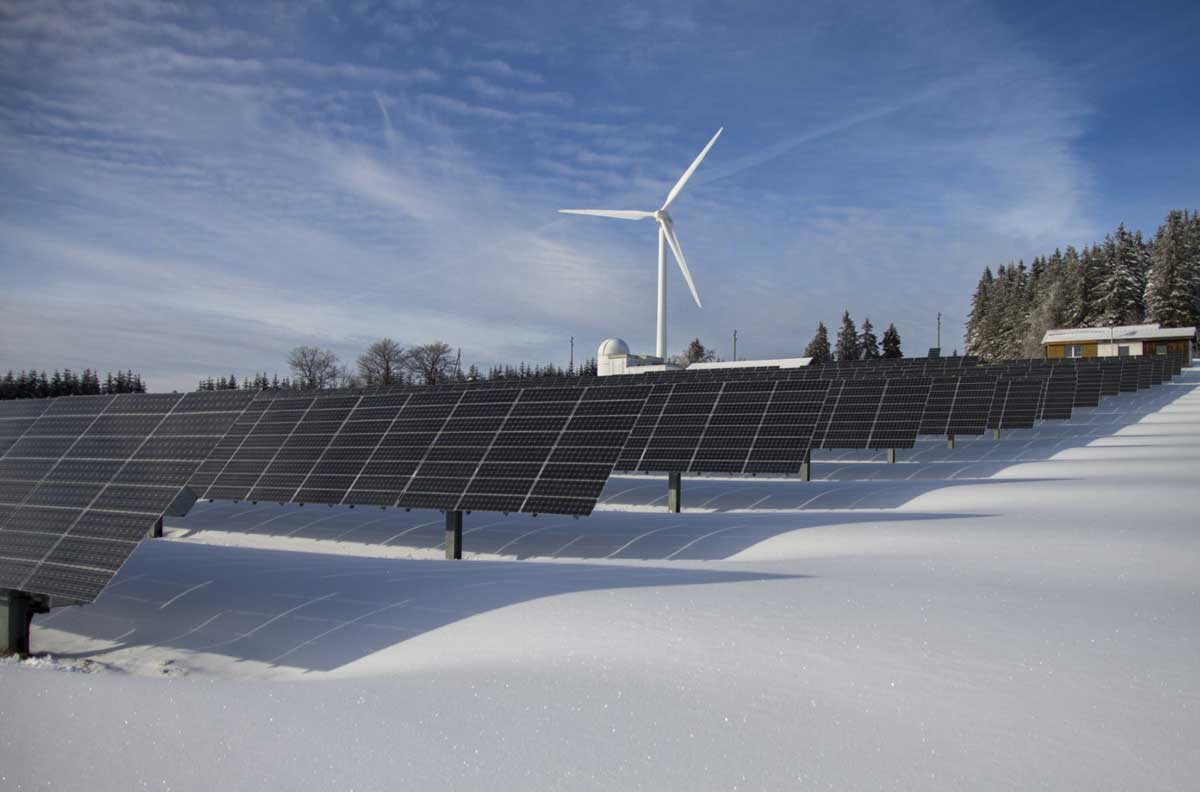With the highest solar radiation per square metre globally, Australia is a great place to utilise solar panels to produce cheap electricity.
So it’s not surprising that in 2020, small-scale solar power was responsible for 6.5% of the country’s total electricity.
Queensland was Australia’s leading solar state in 2020 after generating more than 3.3 GWh of solar power throughout the year, closely followed by New South Wales and Victoria.
Below, find out everything you need to know about solar panels, from how they work to the positives they can have on the environment and your pocket.
How does solar power work?
Solar power systems are made up of panels that generate electricity by capturing photons, particles of light, from the sun. The silicon and conductors in these panels then knock electrons free from atoms, generating a flow of electricity that can be used for corporate and residential work.
Large-scale solar farms use the same technology as rooftop solar panels, semiconductor crystals that convert sunlight into electricity.

There are two types of solar power:
- Photovoltaic Conversion (PV): This is currently the most widespread form of solar power, and it works by converting sunlight directly into electricity using semiconductor cells or solar PV cells, which are encased in glass to form solar panels.
- Solar Thermal Conversion: This is where sunlight is converted into heat using a thermal collector. This energy can then be used to heat the water in your home.
The great thing is that if you don’t use all of the power generated, it’s sent to the electricity grid or can be saved in a battery system for you to use later. You can even earn money by selling it back to the grid.
Is it a renewable energy source?
Solar power is a clean, renewable energy source which can provide homes and businesses alike with cheap electricity. In comparison to fossil fuels such as oil, coal and gas; solar energy is limitless and can be harnessed anywhere in the world.
What are the benefits of solar power?
Solar power is a great way to reduce your environmental footprint and generate cheap electricity. Below, find three of the biggest benefits to using solar panels.
It’s better for the environment
Fossil fuels such as coal, oil and gas emit carbon emissions which are not only dangerous for the ozone layer but our health too. In comparison, green energy such as solar power is clean.
According to The Renewable Energy Hub, you can cut your carbon footprint by 80% in just one year by using solar energy. By using solar power, you’re reducing the amount of energy in which you use from the national grid.
It’s cheaper
Solar power is a cheaper alternative to fossil fuels. Although they have a high upfront installation cost, solar panels are a great long-term investment. Homeowners will no longer need to worry about their energy supplier changing prices and can store energy as they wish. Solar power is currently the most popular renewable energy source for households due to equipment availability and ease of installation. Chances are there is already a solar power provider in your locality, so you can tap them to install your own solar panels in your home.
Easy to maintain, solar panels will last many years and safeguard owners from power outages in the local area.
It’s easy to install
Did you know that three million households now reap the benefits of rooftop solar panels across Australia? Easy to install and maintain, it’s never been easier for families across the country to use green energy.
You can hire an accredited installer or an approved solar retailer to install the panels safely.
It’s no wonder solar power is on the rise in Australia as access to safe, clean and cheap electricity has never been easier. Installing your own solar panels will not only reduce electricity wastage but will give you the independence to power your lifestyle.

